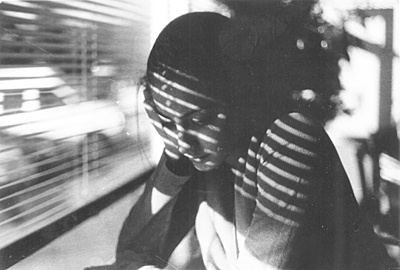All Nonfiction
- Bullying
- Books
- Academic
- Author Interviews
- Celebrity interviews
- College Articles
- College Essays
- Educator of the Year
- Heroes
- Interviews
- Memoir
- Personal Experience
- Sports
- Travel & Culture
All Opinions
- Bullying
- Current Events / Politics
- Discrimination
- Drugs / Alcohol / Smoking
- Entertainment / Celebrities
- Environment
- Love / Relationships
- Movies / Music / TV
- Pop Culture / Trends
- School / College
- Social Issues / Civics
- Spirituality / Religion
- Sports / Hobbies
All Hot Topics
- Bullying
- Community Service
- Environment
- Health
- Letters to the Editor
- Pride & Prejudice
- What Matters
- Back
Summer Guide
- Program Links
- Program Reviews
- Back
College Guide
- College Links
- College Reviews
- College Essays
- College Articles
- Back
WOMEN POWER IN THE ARAB WORLD
The Arab world is so varied in culture, leadership and follows different strains of Islam or have greater of fewer mixes of religion. Changes are inevitable. One of the most influential changes witnessed by the Arab world is the change in role of women.
There was a time in the past when the women were suppressed and treated like a different species. They were confined to their homes, especially the walls of the kitchen. Later on, waves of feminism were seen in workplaces and outside. The percentage of women in workforce has quadrupled in 4 decades. The number of Arab women attending schools and universities have increased from 13% to 70% in 3 decades.
The tremendous economic development over time has had an enormous impact on women. In UAE, the discovery of oil has contributed in women's role in workplace. We find Arab women not only behind the curtains of their houses but also as entrepreneurs, designers, in the field of science, IT, commerce, media, cinema, law and even in the army. Improved health care, education, jobs, facilities have made Arab women independent and self confident. Interlaq project in UAE encourages women to take up jobs in government departments.
Most of the Arab nations have recognized and appreciated women although there are places even now where they do not enjoy full freedom. Even in leadership , women are at par with men. The Arab parliaments approved constitutional amendments to give women full potential rights, starting from Syria in 1949, Lebanon in 1952 to Kuwait in 2005 and Saudi Arabia in 2015. Massouma al-Mubarak was the first female cabinet minister of Kuwait.
Women's radicalism against dictatorship and cultural norms have long and deep roots. The arabic word for revolution, "thawra", "huriya" for freedom and "intifada" for uprising all has a female gender. Arab women have overcome the tears of past, showed their capabilities and expanded their horizons in almost all the fields. They have proved that within the Abaya and Burqa lies the sovereignty of the Arab nations.

Similar Articles
JOIN THE DISCUSSION
This article has 0 comments.
